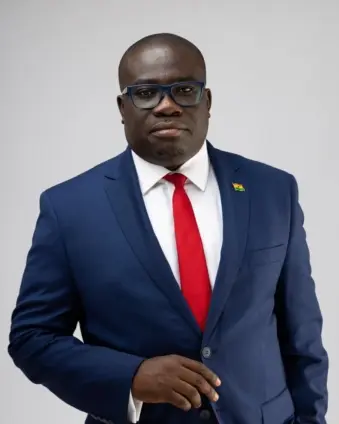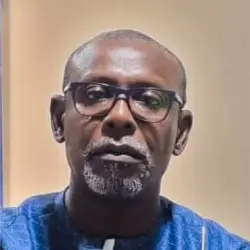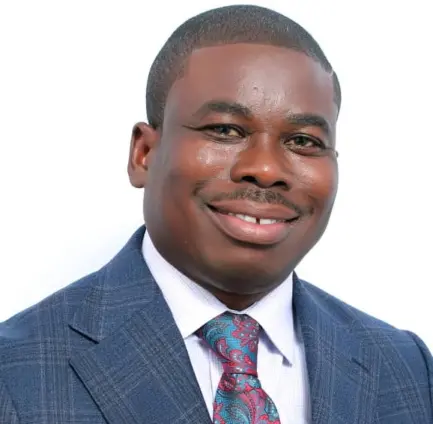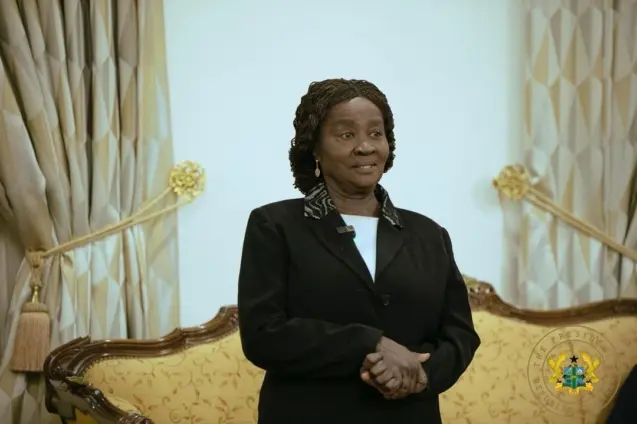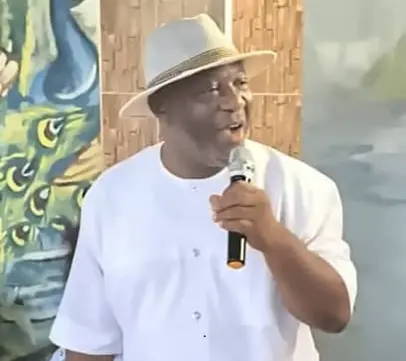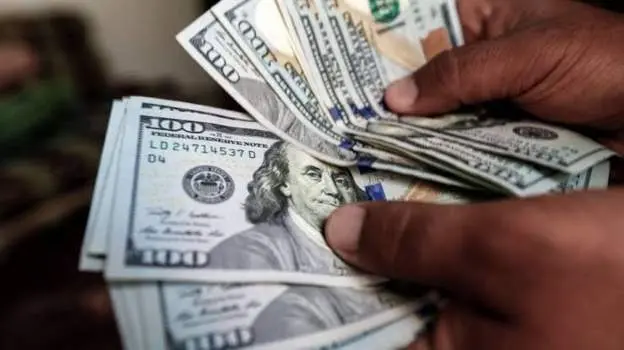Accra, Ghana – The bustling markets and humming factories of Ghana are watching closely as the local currency, the cedi, strengthens against the US dollar. This appreciation has ignited a national conversation: should the cost of electricity, a crucial lifeline for homes and businesses, reflect this newfound economic stability? Paul Apraku Twum Barimah, former Dormaa East MP, is among those advocating for lower electricity tariffs Ghana, arguing that the strengthened cedi should translate to savings for consumers. However, a recent tariff increase by the Public Utilities Regulatory Commission (PURC) has complicated the matter, leaving many wondering if relief is on the horizon.
As of May 21st, the cedi has made significant gains, reaching GH¢12.22 against the dollar. This represents an 8.44% appreciation since November 2024, when it stood at GH¢16.53. The turnaround is attributed to strategic interventions by the Bank of Ghana, including bolstering gold reserves and improving gross international reserves. Mr. Twum Barimah believes this positive economic shift should directly benefit Ghanaians through reduced electricity tariffs Ghana. He emphasizes that the exchange rate is a pivotal factor in determining these tariffs.
“One of the key components of the tariffs is the exchange rate,” Mr. Twum Barimah stated, highlighting the connection between a stronger cedi and the potential for lower electricity costs. He also pointed to the government’s prior initiatives, such as the gold purchasing program, as contributing factors to the cedi’s current strength, implying that the benefits should now be passed on to the citizenry.
However, the PURC recently announced a 14.75% increase in electricity tariffs Ghana, effective May 3, 2025. The commission justified the increase by citing exchange rate fluctuations, inflation, and rising fuel costs. It’s worth noting that the tariff adjustment was based on a weighted average exchange rate of GH¢15.6974 per U.S. dollar, a figure considerably higher than the cedi’s current trading value. Furthermore, the PURC aims to recover a substantial portion – 50% – of a GH¢976 million revenue shortfall incurred in previous quarters of 2024.
The decision has drawn sharp criticism from various sectors. The Ghana Hotels Association, for instance, has voiced concerns about the impact on their members. With electricity accounting for over 20% of their operational expenses, these tariff hikes could threaten the sustainability of many hotels across the country. Similarly, the Ghana Union of Traders’ Association (GUTA) has labeled the PURC’s decision as unjustified, pointing to inefficiencies within the utility sector that ultimately burden consumers.
At the heart of the debate lies the fundamental question: should electricity tariffs Ghana reflect the reduced cost of importing fuel and other inputs due to the cedi’s appreciation? Stakeholders argue that if currency depreciation warrants tariff increases, then appreciation should logically lead to reductions. This perspective underscores a call for a more transparent and responsive pricing mechanism.
“Stakeholders have advocated for a transparent and responsive pricing mechanism that aligns with economic indicators, ensuring that consumers benefit from favorable market conditions,” Mr. Twum Barimah reiterated, emphasizing the need for a system that promptly reflects economic realities.
As the cedi maintains its upward trajectory, the pressure on the PURC to re-evaluate electricity tariffs Ghana is likely to intensify. The outcome of this debate will have significant implications for Ghanaian consumers and businesses. A transparent and responsive pricing mechanism is crucial for ensuring fairness and promoting economic stability. The central question remains: will the PURC heed the calls for tariff reductions, offering relief to Ghanaians in light of the cedi’s strengthened position?
Image Source: MYJOYONLINE

